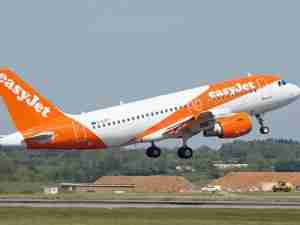"The outlook for international air travel demand continues to be challenging and the cargo market remains depressed amid the troubled European economy and the weak recovery in the United States," the Singapore flag carrier said in a statement.
SIA, Asia's second largest airline by market capitalisation, also said loads and yields for both its passenger and cargo businesses are expected to remain under pressure with the price of jet fuel near its historical high.
"The depreciation of revenue-generating currencies against the Singapore dollar poses yet another challenge," it added.
SIA, best known for its premium services, has seen aggressive Middle Eastern carriers such as Emirates and Qatar Airways grab more market share on long-haul routes as they polish their service while keeping prices low.
SIA and other full-service carriers such as Malaysian Airlines System Bhd are also facing challenges from low-cost rivals including the ambitious AirAsia group.
For the three months ended December, SIA earned S$142.5 million ($115.10 million), up slightly from S$135.2 million a year ago. The results were marginally below the S$146 million consensus estimate of eight analysts polled by Reuters.
SIA's operating profit fell 17 percent to S$131 million in the third quarter, as the cargo unit posted an operating loss of S$29 million due to depressed yields and poorer loads. The cargo unit's performance was, however, an improvement over the S$40 million loss a year ago.
As part of cost-cutting measures, SIA is removing 76 pilots from its payroll as well as offering voluntary unpaid leave to its senior pilots, and suspending cadet pilot recruitment.
Asia's budget airline sector is set to capture a 40 percent share of Asia Pacific by 2020, up from the current 24 percent, Citigroup said in a report.
SIA's overall load factor for passenger and cargo has improved for two months in a row, rising to 71.4 percent in December from 69.1 percent in October. But it has repeatedly said its passenger seat occupancy was boosted by promotional activity, and passenger yields would remain under pressure.
Controlled by Singapore state investor Temasek Holdings Pte Ltd , SIA is directly challenging low-cost airlines by launching the Scoot brand, but it could be years before the start-up delivers any meaningful financial returns to the group. (Reuters)










